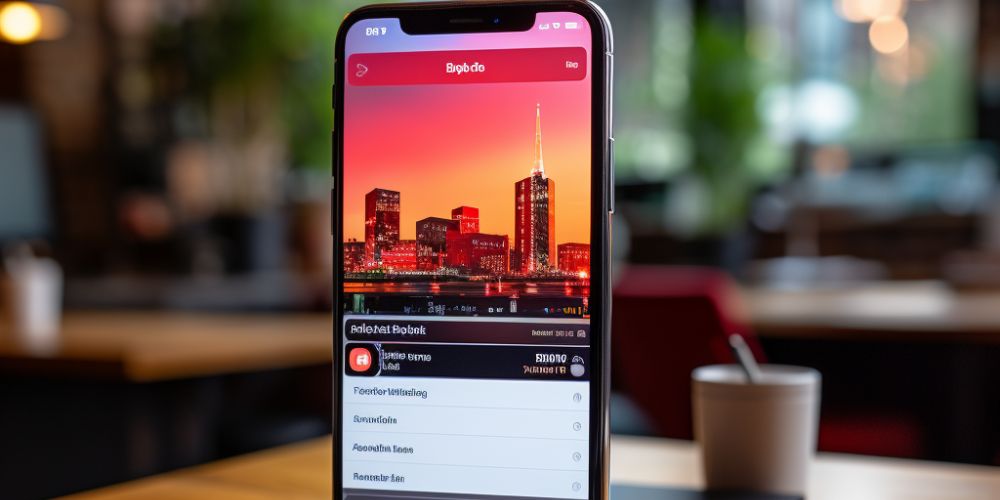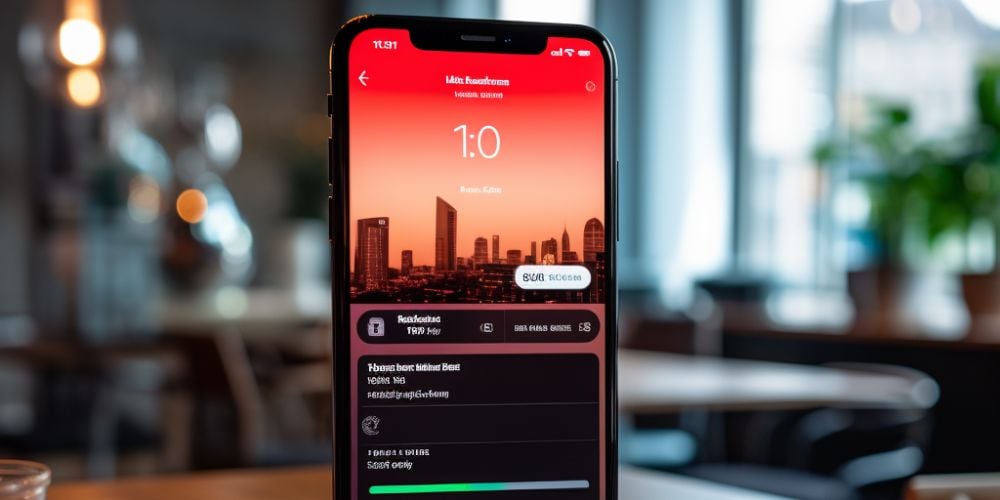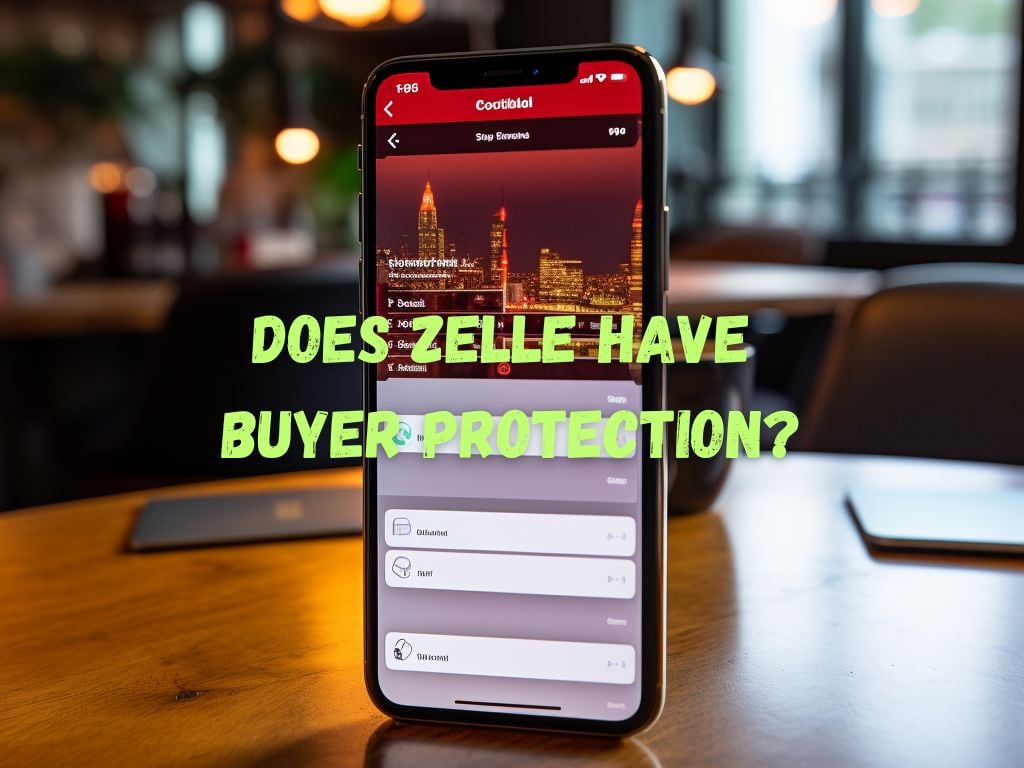Zelle, renowned in the fintech realm, is a quick, simple method for millions to send and receive cash, eliminating the need for physical exchanges or time-consuming bank transfers.
Streamlining convenience, urgency, and banking innovations in one platform might make you wonder: “Does Zelle have buyer protection?” Our journey into Zelle and its alleged buyer protection unveils surprising truths that consumers need to know.
Does Zelle Have Buyer Protection?
Let’s cut to the chase: Zelle doesn’t offer purchase protection. It’s a simple yet harsh reality that users often fail to recognize until it’s too late.
Zelle affirms this in its service agreement, explaining that the platform merely transfers funds between bank accounts and doesn’t offer protection for purchases or sales conducted via the service.
How Zelle Works
Zelle functions differently from typical online marketplaces or financial transactions. The money transfers directly from one bank to another, with no holding period or escrow service.
Once you approve a transaction, there’s no going back, which underscores the need to ensure the recipient’s identity and trustworthiness.
Unlike platforms that hold the funds until the transaction is complete, confirming the user’s satisfaction, Zelle transactions are immediate and irreversible.

Risks Posed by Zelle’s Immediate Transfers
Pros of Immediate Transfers
Zelle’s key selling point is its ability to swiftly transfer funds between users. The instant funds transfer is advantageous for users who want to quickly send or receive money, especially in cases of emergencies or necessary purchases.
Transactions involving friends and family members become hassle-free without wait times or potential delays.
Cons of Immediate Transfers
Unfortunately, Zelle’s immediacy also opens up opportunities for scams and fraud. Once the transaction is completed, there is no recourse to undo it, which is a concern if a user is defrauded.
A lack of buyer protection further increases the risk of falling victim to scams.
Common Zelle Scams and Fraud Tactics
Puppies and Other Goods
Scammers often prey on unsuspecting buyers by posting attractive ads for pets, especially puppies. These fraudsters demand advance payment or deposits via Zelle, and once they receive the money, they vanish, leaving the buyer without the pet they were hoping for.
Event Tickets and Fraudulent Reselling
Another scam involves offering discounted event tickets. Criminals lure the victims in with unbeatable prices, coaxing them into paying for tickets via Zelle.
After receiving payment, the scammer either never delivers the tickets or provides counterfeit ones, leaving the buyer frustrated and at a loss.
Cash-Flip Scams
Cash-flip scams entice users with the promise of multiplying their investment in a short period. Scammers ask for payment through Zelle, then disappear with the victim’s hard-earned money.
Preventing Zelle Fraud and Scams
Know Your Recipient
Only use Zelle with trusted family members, friends, and contacts. Always verify the recipient’s information to ensure payment doesn’t end up in the wrong hands.
Avoid Suspicious Offers
If an offer seems too good to be true, it probably is. Always be skeptical of unbelievably low prices or deals that are significantly better than what others are offering.
Report Fraudulent Transactions
In case of a scam, contact your bank and Zelle’s customer service immediately. Although the chances of retrieving your money are slim, reporting the scam may help prevent other users from falling for similar schemes.

Comparing Zelle with Other Platforms (Venmo, Cash App, PayPal)
Comparing Zelle with PayPal
PayPal stands apart from Zelle due to its comprehensive buyer protection measures. It ensures a certain degree of security if items you’ve bought online don’t arrive or don’t match their description.
Upon raising a dispute within 180 days of purchase and providing all necessary evidence, PayPal initiates an investigation.
If the claim is valid, they refund the cost of the item along with postage costs. Consequently, PayPal is generally considered a safer option for dealing with unfamiliar sellers.
How Does Venmo Stack up Against Zelle?
Much like Zelle, Venmo is intended for transactions between known contacts. However, Venmo does take things a step further—they are willing to help their users in the event of an unauthorized transaction.
If a Venmo user can prove that they did not authorize a particular transaction, Venmo’s support team will step in and aid in resolving the issue.
While this mechanism does not amount to a full-fledged buyer protection policy, it is an additional layer of safety absent in Zelle.
Weighing Zelle Against Cash App
Cash App, another significant player in the peer-to-peer payment arena, shares a similar stance to Zelle on buyer protection—urging users to transact only with trusted individuals.
However, Cash App does cover unauthorized transactions, as long as the user reports them immediately. The platform fosters user education on scams and has established certain dispute resolution procedures.
While Cash App doesn’t guarantee refunds on disputed transactions, any provision for dispute resolution is notably absent with Zelle.
In conclusion, while Zelle excels at instant and hassle-free transactions, it falls behind competitors such as PayPal, Venmo, and Cash App when it comes to offering buyer protection.
As such, users must use Zelle judiciously and predominantly with well-known and trusted contacts.
Tips on Staying Safe When Using Zelle
How can you stay safe when using Zelle? The golden rule is to only use Zelle for transactions involving trusted friends, family members, and known contacts.
Be cautious of any exceptional deals on the internet requiring payment through Zelle— offer prices on items, for example, must not be substantially lower than the market price to ensure they’re not scams.
What to Do If You Get Scammed on Zelle
If you fall prey to a scam, immediate action is crucial. Contact your bank and Zelle customer service right away to report the scam.
Unfortunately, as explained earlier, Zelle transactions are irreversible once completed, so refund possibilities are slim.
However, your bank may have some protection measures in place that could potentially recover lost funds.
Here are a few frequently asked questions (FAQs) with their respective answers that are relevant to the topic:

FAQs
Q1. Does Zelle offer purchase protection like some other payment platforms?
No, Zelle does not provide a purchase or buyer protection policy. Zelle emphasizes that it should only be used for transactions between acquaintances, friends, and family, with whom you have an established level of trust.
Q2. What are the common types of scams to watch for when using Zelle?
Some common scams include promising to deliver goods or pets that do not exist, exclusive event tickets that are fraudulent, and “cash flip” scams promising to multiply the recipient’s money. Always be cautious and skeptical of “too good to be true” offers.
Q3. How do Zelle’s buyer protection policies compare to Venmo, Cash App, and PayPal?
Zelle, unlike Venmo, Cash App, and PayPal, does not offer buyer protection policies. While the aforementioned platforms provide customers with ways to address unauthorized transactions and dispute charges, Zelle provides no such safeguards, considering transfers to be ‘instantaneous and irrevocable.’
Q4. Can I get a refund on Zelle if I fall victim to a scam or fraudulent transaction?
It is incredibly tough to get a refund after a scam or fraudulent transaction on Zelle due to their policy of instant, irrevocable transactions. Once the money is sent, Zelle does not possess an official channel to reverse the transaction. It does not hurt to contact your bank or Zelle’s customer service immediately after suspecting a fraudulent transaction, but the chances of reclaiming the lost funds are slim.
Q5. What are the best practices for using Zelle safely and securely?
Zelle should be used only for transactions with recognized friends and family you trust, as Zelle does not offer buyer protection. Always double-check the contact details to make sure the payment is going to the right individual or organization. Additionally, it’s beneficial to be cautious of suspicious or “too good to be true” offers requiring payment through Zelle.
Conclusion
In summary, while Zelle offers a streamlined medium for fast money transfer, it’s clear that it doesn’t offer buyer protection, making it different from platforms like PayPal, Venmo, and Cash App.
The key takeaway from this is to stay informed and cautious. The platitude “Prevention is better than cure” has never been more fitting—remember to use Zelle responsibly with trusted contacts to avoid being a victim of scams.
Stay safe as you navigate the intricate yet fascinating world of digital banking!


 Tags:
Tags:










